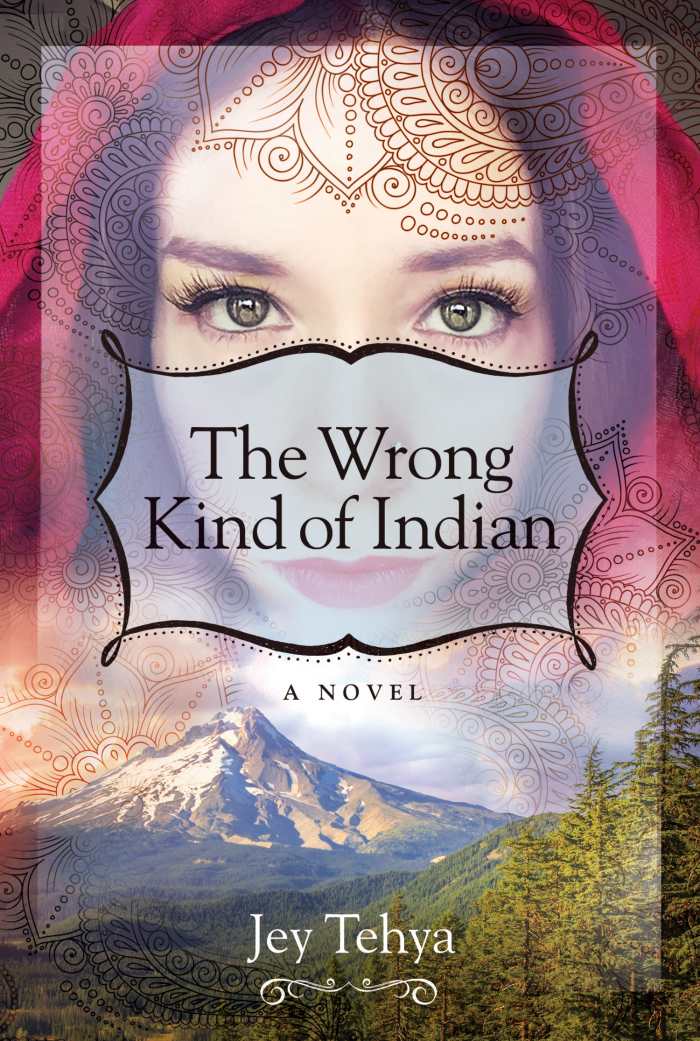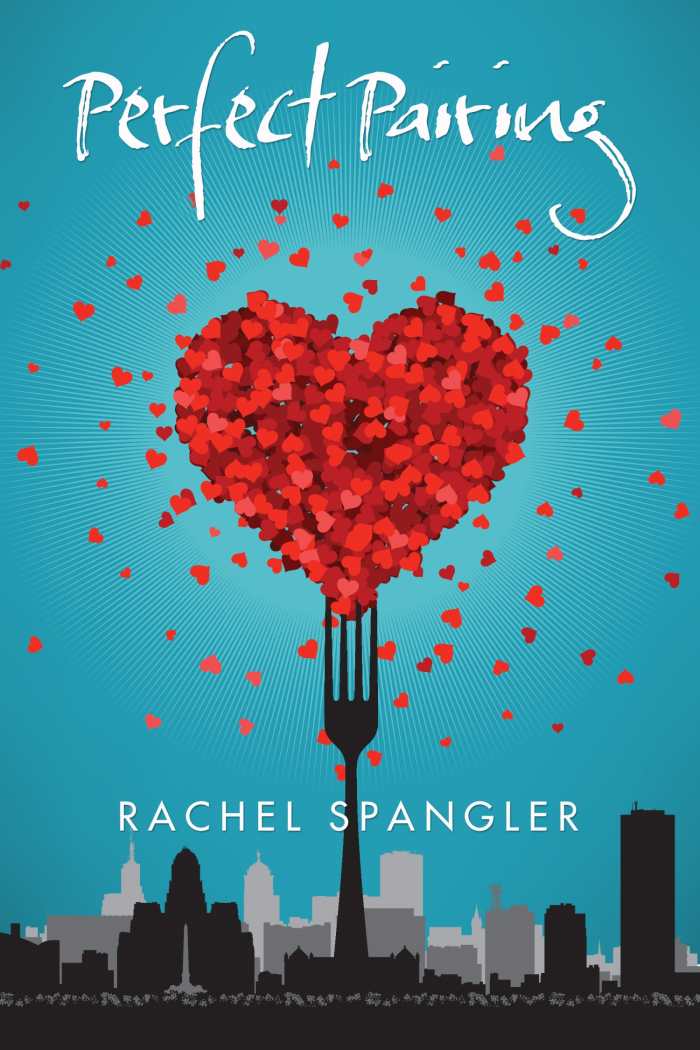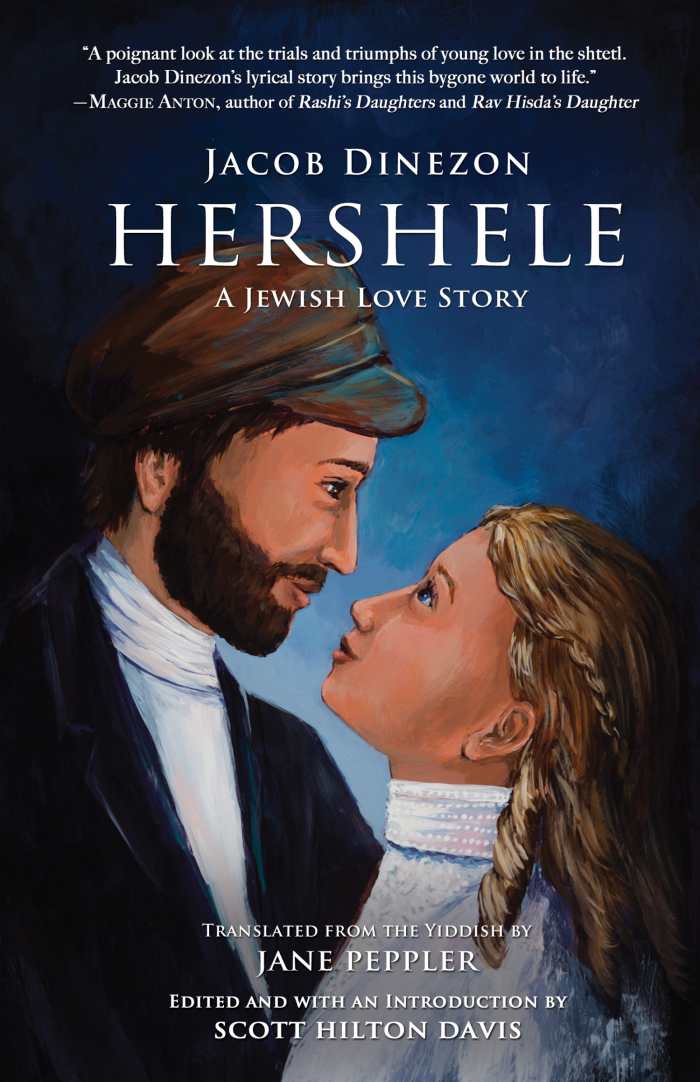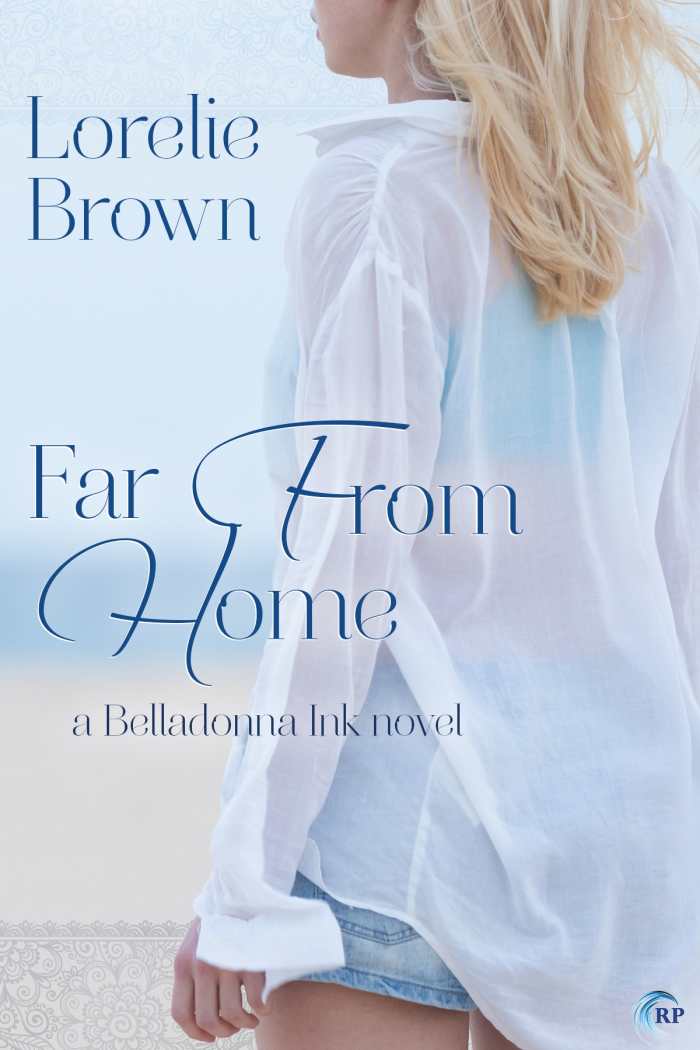Valentine's Day Books for all Preferences
Happy Valentine’s Day! Prepare for a day of mushy-gushy, lovey-dovey cuteness from all sides. Including this one, because here are five books to satisfy that craving for sweet romance that V-day always seems to bring. But instead of white, cisgendered, straight people almost kissing, there’s a little variety. Different cultures, sexual preferences, all love.
The Arab King of My Heart and Soul

Yuriko Terasaka
AuthorHouse
Softcover $14.95 (108pp)
978-1-5246-5637-9
This philosophical and winding work explores the nature of love in a time of technology.
Yuriko Terasaka’s The Arab King of My Heart and Soul blurs genre and narrative conventions to tell an Aristotelian love story for the social media age.
In rambling pastiche, an unnamed female narrator probes the nature of love through technology—a place where two hearts may beat as one, but bodies aren’t at the heart of the matter. As she embraces the old idea that people are merely ghosts in the shell, she discovers a new paradise of Internet connection with Mashalany.
The Japanese narrator is thrown for a loop when she meets Mashalany, an Arab businessman, on a social media platform. They’re separated by cultures and continents, but she’s engulfed by a persistent sense of connection. She investigates their relationship through cross-cultural analysis, theories of love, interpersonal relationship models, and first-person narratives of their long-distance exchange.
As their relationship unfolds, the narrator draws greater distinctions between love and the body. Despite, or perhaps because of, all that separates them, the narrator decides physical, romantic love is a degradation of the true, spiritual love available to herself and Mashalany through technology.
The book posits that Aristotle’s true love is found in technology’s pure communion. The curated self is the best self; through technology, disembodied spirits are finally available for love’s highest form of connection.
This volume is more of a treatise on the nature of love than it is a narrative. The relationship between the narrator and Mashalany is used as a proof text for the author’s extended, nonlinear exploration. Using a structure more familiar in Japanese literature, the book switches tones and styles within and across chapters in order to approach its theme from different viewpoints.
First-, second-, and third-person voices are all used as the author switches between cross-cultural analysis, argument, exposition, and narrative. In this circular prose, interpretative work is required. A plot or thesis is not given; they must be discovered.
Because the nature of love is the text’s core theme, its content often becomes abstract as it grapples with the metaphysical, addressing concepts such as embodiment, emotion, and souls. This bent toward the philosophical veils the direct interactions between the narrator and Mashalany in mystical, even esoteric, language.
In these moments, the narrator’s heavy reliance on summary often devolves into aphorisms and koans. These linguistic paradoxes, if meditated on, can force sudden intuitive enlightenment, but they leave gaps in the storytelling.
The book is strongest in its cross-cultural analysis, where description anchors the prose. Terasaka’s contrastive analysis of the narrator and Mashalany yields surprising insight into what draws them together.
Serendipitous connections—like the parallels between bushido traditions and Islamic culture, or Japanese folklore about the peach boy and the fact that Mashalany’s nickname means “peach”—give a sense that these unusual lovers may actually be as fated as the narrator believes them to be.
The Arab King of My Heart and Soul is a philosophical work of apologetics for social media and the kinds of relationships available through technology.
LETITIA MONTGOMERY-RODGERS (February 3, 2017)
The Wrong Kind of Indian
originally published under pen name Jey Tehya

Jey Tehya
Wyatt-MacKenzie Publishing
Softcover $14.99 (326pp)
978-1-942545-47-7
Buy: Local Bookstore (Bookshop)
This is a daring and earnest depiction of identity that crosses societal and cultural boundaries.
Jey Tehya’s The Wrong Kind of Indian is a raw rendering of a woman’s struggle to claim her identity in the midst of chaotic and ubiquitous negative voices.
Coming out of a highly dysfunctional childhood, Jennifer enters her thirties with plenty of baggage still dragging behind her. A hypercritical mother and a father with a propensity to disappear for days at a time contribute to Jennifer’s ceaseless battles with relationships and with the demon of weight obsession.
As an unsure half-white, half-Cherokee woman, Jennifer must figure out how she fits into the world around her. Barhopping and clubbing eventually lead to an encounter with Chirag, a handsome Jain Indian whose mystique captivates Jennifer. Their relationship is rocky. Chirag stubbornly refuses to tell his parents in India about her, as Jennifer is “the wrong kind of Indian.” And though Jennifer tries to escape her fixation on Chirag by entering into a serious relationship—and even traveling to Costa Rica—with the kindhearted Fernando, her life’s journey will ultimately lead her to India.
Jennifer’s character is revealed through alternating sections that concentrate on her present, and give space to her past in subchapters. Each subchapter episode is short but poignant, illuminating little by little the full depth and breadth of who she is. Jennifer is her own narrator, so the thoughts and feelings of others are conveyed secondhand or are absent entirely. Her tone and language are at turns honest and self-deprecating, especially when it comes to her body issues. Her bout with an eating disorder is rendered in unsettling, gut-wrenching detail, but her quest to overcome it is a redemptive relief.
Though limited by Jennifer’s perspective, the rest of the cast are still strong and complex supporting characters. Chirag’s conflicting feelings for Jennifer and his desire to please his family are subtle but detectable. The gradual withdrawal of an old friend from Jennifer’s life is heartbreaking, though it may be in Jennifer’s best interests in the long run. And Jennifer’s alcoholic mother has her own corrupt relationship with body image.
The prose is polished without being florid, and especially in Costa Rica and India, teases the senses with beautiful, exotic details. Descriptions can also swing into the profane, as Jennifer wrestles with sexual and psychological issues, including a childhood episode with a dog that strikes disagreeably. However, all her darkness eventually gives way to the light of a fresh future.
The Wrong Kind of Indian is a daring and earnest depiction of an identity that crosses societal and cultural boundaries.
MEAGAN LOGSDON (November 16, 2016)
Perfect Pairing

Rachel Spangler
Bywater Books
Unknown $15.95 (240pp)
978-1-61294-069-4
Buy: Local Bookstore (Bookshop)
Sexy meets satisfying in Perfect Pairing, Rachel Spangler’s latest novel. Hal Orion, a “blue collar meets bleu cheese” food truck chef hits the big time unexpectedly. Mixed in with the other fruits of her success is Quinn Banning, a straitlaced investment banker whose interest in Hal isn’t exactly professional.
Although Quinn initially hoped to interest Hal in a new restaurant, part of a larger business venture, it’s quickly apparent that not only is Hal impossible to boss around, but that the two women are intensely attracted to one another. They test and tease one another, trading jabs as they grow closer. Sexy banter aside, Spangler’s most moving scenes are often in the small gestures. The first meal shared, finally holding hands in public—it’s authentic. Like Hal says, it’s what real tastes like. “Pure, without anything fake … No games, no tricks, just raw ingredients stripped of all the restraints.” Quinn and Hal’s romance is compelling in its realness.
Their dialogue is snappy, funny, and irreverent, making Perfect Pairing a palate cleanser in a genre that can lean heavily on significant looks and heavy breathing. The tension is delicious, but even better are Spangler’s droolworthy descriptions of Hal’s culinary creations: “The texture was perfect, so crisp and simultaneously soft. Her teeth sank in satisfyingly, and the muted bacon echo cracked through her own ears.” Yum! Spangler’s prose works in more ways than one. It’s a delight when Hal and Quinn cross swords—and tongues—in this tasty, contemporary romance.
CLAIRE RUDY FOSTER (August 26, 2016)
Hershele
A Jewish Love Story

Jacob Dinezon
Jane Peppler, translator
Jewish Storyteller Press
Softcover (182pp)
978-0-9798156-7-6
Buy: Local Bookstore (Bookshop)
A romance that has stood the test of time, Jacob Dinezon’s touching, traditional novel was originally published in 1891. Recently translated from the Yiddish into contemporary English by Jane Peppler, Hershele: A Jewish Love Story remains a moving story of a poor student’s courtship of Mirele, a wealthy widow’s daughter. Described as “the Romeo and Juliet story of the shtetl,” Hershele is both a historical novel and a sweet, ageless romance.
“Hershele didn’t follow the path of the wicked and didn’t place himself in the way of sin,” but his righteousness confounds his pursuit of Mirele. What is proper? How can he woo her, when he has nothing to offer but himself? Hershele dwells on traditional themes and is deeply romantic. Observation of the Torah, refraining from physical contact with the opposite sex, and matchmaker-arranged marriages add to Hershele’s struggle—and his satisfaction when he celebrates small successes: “She came closer to see the words and pressed her burning cheek against his. He felt her body, her warmth, her heartbeats, and his heart pounded, too.” There’s more heat in Mirele’s proximity than a hundred ripped bodices. Hershele’s love is completely proper and yet, at the same time, intensified by its modesty.
Peppler’s translation is lively, capturing the spirit of Dinezon’s fable. Beautiful, lyrical sentences tease the imagination, painting a vivid picture of the two lovers: “When he looked in the mirror, he only saw Mirele: her cheeks shone like a pair of lovely roses, and in her eyes a radiant fire burned.”
Bit by bit, without compromising his faith, Hershele wins over his besherte, his soul mate. Their attraction, and the conflicts raised by their social disparity, is timeless.
CLAIRE RUDY FOSTER (August 26, 2016)
Far from Home

Lorelie Brown
Riptide Publishing
Softcover $16.99 (182pp)
978-1-62649-452-7
Buy: Local Bookstore (Bookshop)
Marriage of convenience? What could go wrong? Well, everything, in Lorelie Brown’s sassy new LGBTQ romance, Far From Home. In an attempt to solve their mutual problems—crushing student debt and American citizenship, respectively—Rachel and Pari decide to tie the knot. Rachel is straight, American, neurotic, and artistic; Pari is gay, Indian, confident, and traditional. They’re a perfectly odd couple, a wonderful setup for a satisfying romance.
Yes, Rachel is adamantly heterosexual, but being in close proximity to Pari has her questioning her orientation. Soon, each touch starts to take on new meaning for the women. “I have no mercy,” Rachel says, tickling Pari. “She’s writhing under me and her hips jump as if she’s trying to buck me off. But she’s also laughing like mad, which makes it completely worth it.” The will-they-or won’t-they tension makes Far From Home very engaging, and as Rachel and Pari slowly build intimacy, they begin to share their secrets. Rachel’s eating disorder and Pari’s difficult family life add dimension and give the characters something to dig into—as well as making their love story more believable.
“Her mouth feels so much different from a man’s,” Rachel muses. “It’s a softer approach, one that’s barely a breath across my lips and then she’s drinking in my laughter.” This sweet comedy of manners explores classic tropes in fresh, compelling ways.
CLAIRE RUDY FOSTER (August 26, 2016)
Hannah Hohman
